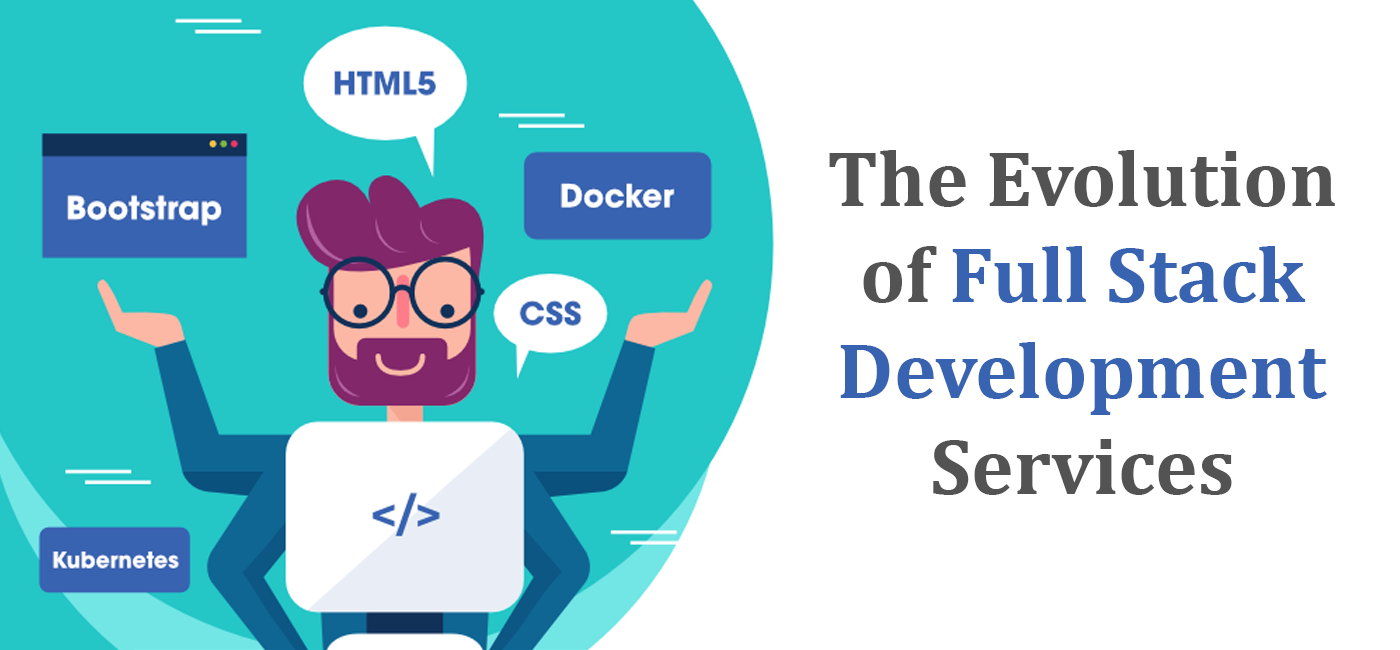
The Evolution of Full Stack Development Services: Past, Present, and Future
As technology continues to advance at an unprecedented pace, the field of web development has also experienced significant changes. One of the key developments in recent years has been the evolution of full stack development services. From their early beginnings to their current state, and with a promising future ahead, full stack development services have come a long way in shaping the way web applications are built and deployed.
The Past: Origins of Full Stack Development Services
In the early days of web development, the roles of front-end and back-end development were often segregated, with different teams or individuals handling each aspect separately. Front-end developers were responsible for creating the user interface and user experience (UI/UX) of web applications, while back-end developers focused on server-side technologies and databases.
However, with the increasing complexity of web applications and the need for more efficient development practices, the concept of full stack development emerged. Full stack developers, also known as full stack engineers, are skilled in both front-end and back-end technologies, allowing them to handle the entire web development process from end to end.
The Present: The Rise of Full Stack Development Services
Today, full stack development services have gained widespread popularity due to their numerous benefits. Businesses and development teams have realized the advantages of having a team that can handle both front-end and back-end development, resulting in faster development cycles, improved collaboration, and more seamless integration between different components of web applications.
One example of how full stack development services have transformed the industry is the rise of JavaScript-based full stack frameworks such as MEAN (MongoDB, Express.js, Angular, and Node.js) and MERN (MongoDB, Express.js, React, and Node.js). These frameworks provide a unified stack for building full stack web applications using JavaScript as the primary language for both front-end and back-end development. This has led to increased efficiency and consistency in web development projects, as developers can leverage their skills in a single language throughout the entire stack.
Additionally, full stack development services have also been instrumental in the growth of the mobile app development industry. With the increasing demand for mobile apps, businesses require developers who can build both the front-end and back-end components of mobile applications. Full-stack development services have enabled the creation of cross-platform mobile apps using frameworks like React Native, which allows for building mobile apps using React, a popular JavaScript library for front-end development.
The Future: Promising Trends in Full Stack Development Services
As we look to the future, there are several promising trends in full-stack development services that are expected to shape the industry. One of the key trends is the adoption of serverless architecture, where developers can build applications without the need to manage servers. This can lead to more cost-effective and scalable web applications, as businesses can focus on building features and functionality without the overhead of managing infrastructure.
Another trend is the increasing use of artificial intelligence (AI) and machine learning (ML) in web development, which can enable developers to build more intelligent and interactive web applications. For example, with AI-powered chatbots, businesses can provide personalized and automated customer support, while ML algorithms can analyze user behavior and preferences to offer tailored recommendations.
Moreover, the demand for full-stack development services is also expected to increase in the e-commerce and online marketplace sectors. As businesses look to build comprehensive online platforms that integrate various functionalities such as e-commerce, payment gateways, and logistics, full-stack developers will play a crucial role in creating seamless and efficient user experiences.
The ending thought:
The evolution of full-stack development services has been significant, transforming the way web applications are built and deployed. From their origins in segregated front-end and back-end development roles to the current state of unified full stack development, and with promising trends in the future.